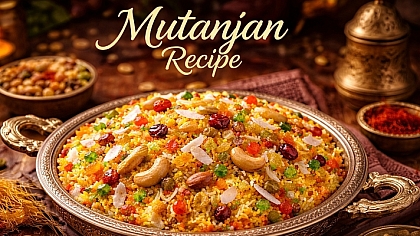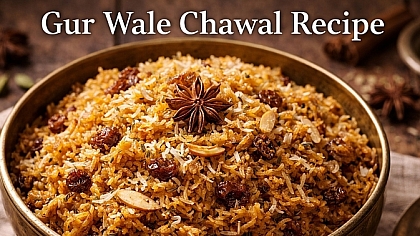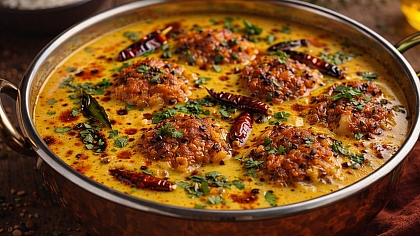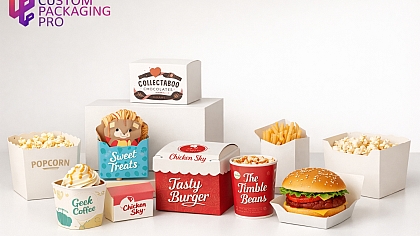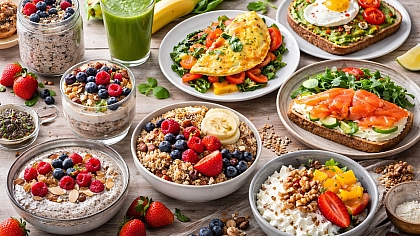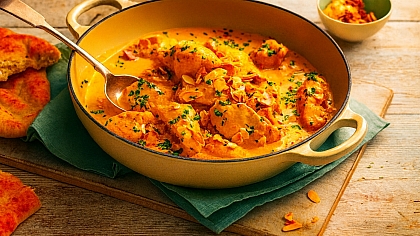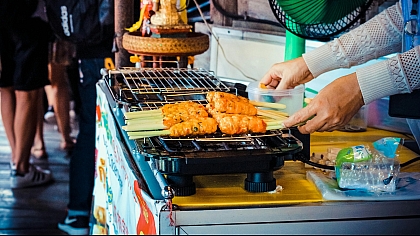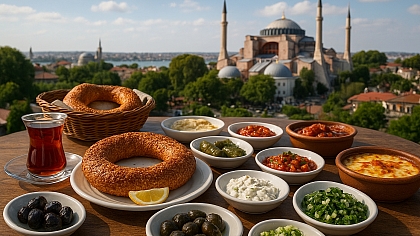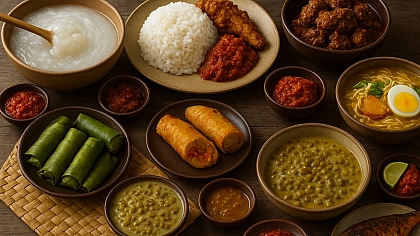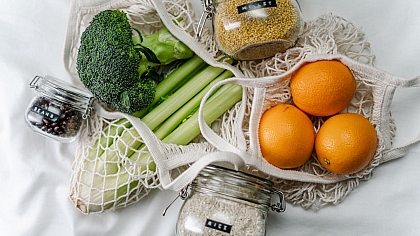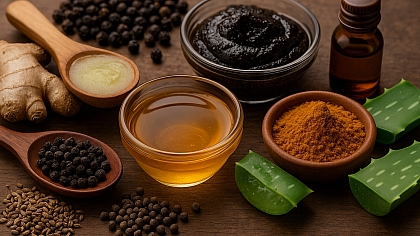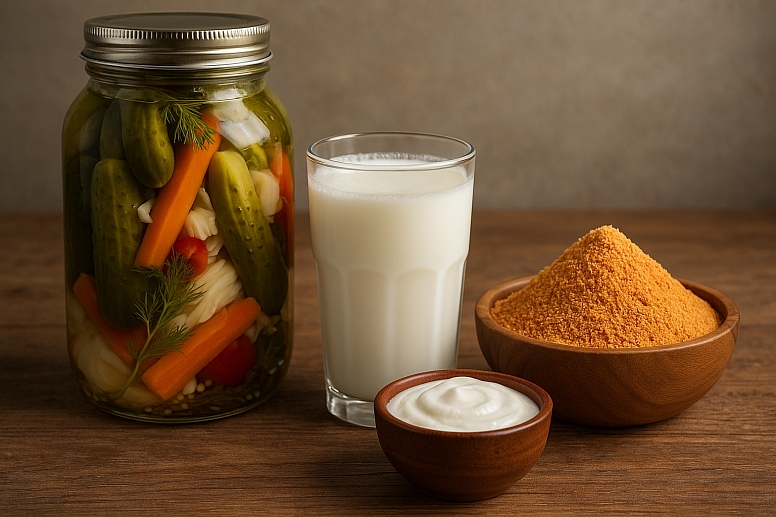
The Art of Fermentation in Middle Eastern and Turkish Cuisine
Fermentation turns simple ingredients into bold, tangy, and rich flavours. In Middle Eastern and Turkish kitchens, this ancient method creates staples like yoghurt, pickles, and fermented drinks. Best of all, these foods are halal—no alcohol or forbidden ingredients are used.
What You’ll Learn
- How fermentation works in Middle Eastern and Turkish dishes
- Common fermented foods like tursu (pickles), ayran (yoghurt drink), and tarhana (fermented soup mix)
- Why these foods are halal and safe to eat
- Easy ways to try fermentation at home
Why Fermentation Matters
Fermentation preserves food and boosts flavour. Before refrigerators, people relied on them to keep vegetables, dairy, and grains fresh. Today, these foods remain popular for their taste and health benefits.
In Turkey and the Middle East, fermentation is part of daily meals. Walk into any home, and you’ll find:
- Yoghurt – Thick, tangy, and used in sauces, soups, and drinks.
- Tursu – Crunchy pickled vegetables like cucumbers, carrots, and peppers.
- Tarhana – A dried, fermented mix of yoghurt, flour, and tomatoes, used in soups.
These foods are naturally halal because they avoid alcohol and pork-based enzymes.
Popular Fermented Foods
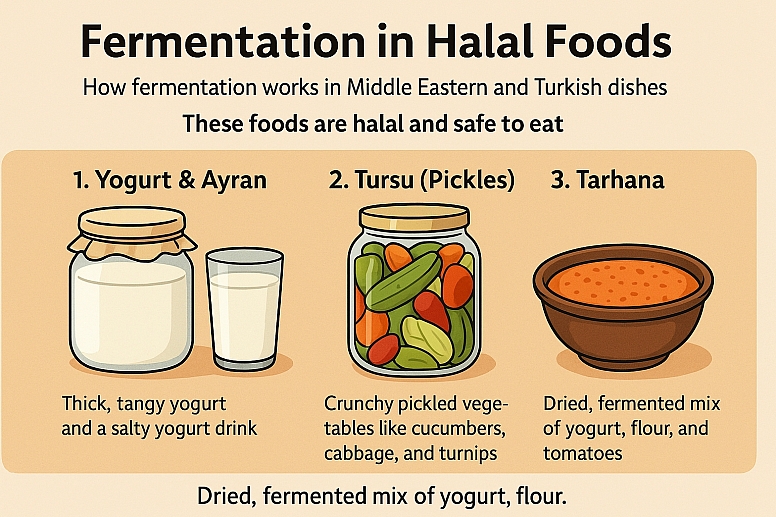
1. Yoghurt & Ayran
Yoghurt is a staple. Made by fermenting milk with live cultures, it’s rich in probiotics. Turks drink ayran, a salty yoghurt drink, with kebabs to balance rich flavours.
How to make yoghurt at home:
- Heat milk to 180°F (82°C), then cool to 110°F (43°C).
- Mix in a spoonful of live yoghurt (starter).
- Keep warm for 6-12 hours until thick.
2. Tursu (Pickles)
Middle Eastern pickles are fermented in saltwater, not vinegar. This gives them a deeper, sour taste. Common picks include cucumbers, cabbage, and turnips.
Quick tursu recipe:
- Pack veggies in a jar with garlic, dill, and saltwater.
- Let it sit at room temperature for 3-5 days.
3. Tarhana
This sour soup mix is made by fermenting yoghurt, flour, and tomatoes. Once dried, it’s stored for months and cooked into a hearty soup.
Is Fermented Food Halal?
Yes, most traditional Middle Eastern and Turkish fermented foods are halal. Here’s why:
- No alcohol – Unlike wine or beer, these ferments use salt or yoghurt cultures.
- No pork enzymes – Some cheeses use animal enzymes, but Middle Eastern ferments rely on plant or microbial starters.
Always check store-bought products for additives, but homemade versions are safe.
Try It Yourself
Fermentation is easy and rewarding. Start with yoghurt or pickles—both need just a few ingredients.
Safety tip: Use clean jars and fresh produce to avoid harmful bacteria.
Got Questions? Here Are Some Answers
Can I ferment food without salt?
Salt helps good bacteria grow and stops bad bacteria. For low-salt ferments, try small batches and eat them quickly.
How long do fermented foods last?
- Yoghurt: 2 weeks in the fridge.
- Pickles: Up to 6 months if kept submerged in brine.
Are store-bought pickles fermented?
Most supermarket pickles use vinegar, not fermentation. Check labels for "live cultures" or "naturally fermented."
The Role of Fermentation in Traditional Dishes
Fermentation isn’t just about preservation—it’s what gives many Middle Eastern and Turkish dishes their signature taste. Take kishk, for example, a fermented mix of yoghurt and bulgur wheat used in Lebanese and Syrian cooking. When dried and crumbled, it adds a deep, tangy flavour to soups and stews. In Turkey, şalgam suyu (fermented turnip juice) is a popular drink, often paired with spicy foods to cool the palate.
Even bread benefits from fermentation. Sourdough-style flatbreads have been made for centuries using wild yeast. The slow fermentation process breaks down gluten, making the bread easier to digest while adding a slight sourness.
Health Benefits You Might Not Know
Fermented foods are packed with probiotics—good bacteria that help digestion. But did you know they also:
- Boost immunity – A healthy gut supports a strong immune system.
- Increase nutrient absorption – Fermentation breaks down food, making vitamins easier for your body to use.
- Reduce food waste – Before modern storage, fermentation kept vegetables and dairy edible for months.
In Middle Eastern cultures, fermented foods were (and still are) seen as medicine. A spoonful of yoghurt was given for an upset stomach, while fermented turnip juice was believed to cleanse the body.
A Fun Experiment: Make Your Fermented Hot Sauce
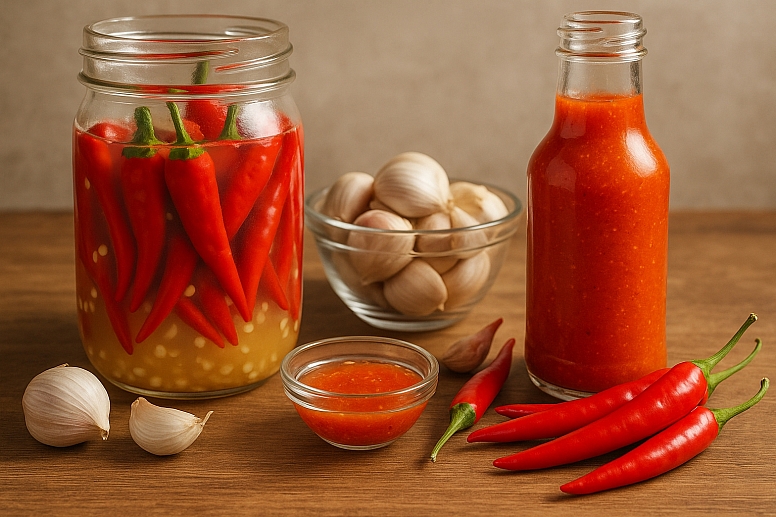
If you want to try something beyond pickles and yoghurt, Middle Eastern-style fermented hot sauce is a great next step. Here’s how:
- Blend fresh chilli peppers, garlic, and a pinch of salt.
- Pack into a clean jar, cover with a cloth, and let sit for a week.
- The natural fermentation will develop a complex, spicy-sour flavour.
It’s safer than canning because the good bacteria prevent spoilage—just keep everything clean!
Trust Your Senses
Fermentation might seem tricky, but your nose and eyes will tell you if something’s right. A sour, tangy smell? Good. Mould or a foul odour? Toss it. Middle Eastern grandmothers have been doing this for generations without fancy tools—just patience and intuition.
Now it’s your turn. Grab a jar, some veggies, and let time do the work. The flavours you’ll unlock are worth the wait.
What’s the first fermented food you’ll try making? Drop your answer below!
Ready to Start Fermenting?
Pick a simple recipe—yoghurt or tursu—and give it a try. The flavours you create will be fresher and bolder than anything from a store. And since they’re halal, you can enjoy them without worry.

